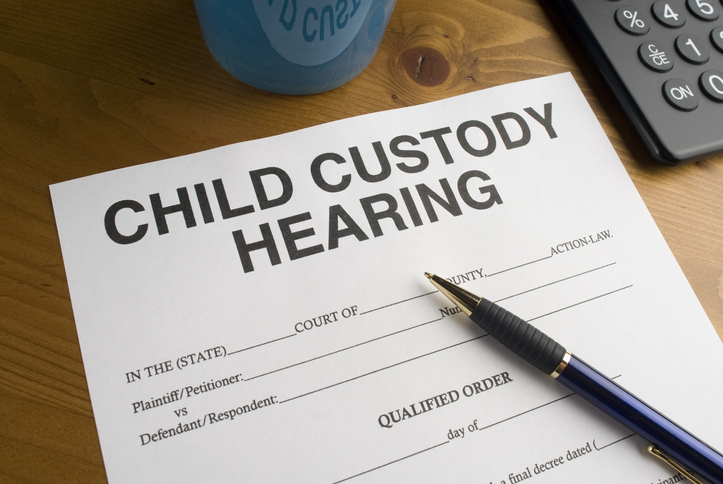Children of divorcing or divorced parents often want to know if they have any input about where they live. The age of the child is one of the most important factors in how much weight the court will give to the child’s preferences. The wishes of the child are one of many factors the judge will consider when evaluating and making decisions about custody issues.
A New Mexico family law attorney can advocate on your behalf and answer your questions, including, can children choose which parent they want to live with?
How Age Impacts the Court’s Consideration of the Child’s Wishes
No matter how young or old the child is, courts in New Mexico should always listen to a child’s wishes about the parent with whom they want to live. After listening to the child, the parents, and all the evidence, the judge is the person who makes the ultimate decision about child custody and the terms of parenting time.
When a child is under the age of 14, the court can listen to the child’s preferences but does not have to give those wishes consideration in the final determination. With a child who is 14 or older, the court has to give consideration to the child’s request but does not have to grant the terms the child wants. There are many other factors that go into custody decisions.
As a practical matter, courts tend to let children who are age 16 or older choose the amount of time they spend with each parent, despite what the official court order might say. Unless there is a compelling reason, judges are unlikely to enforce the terms of a parenting plan if a child of this age refuses to comply.
What Could Make the Judge Question the Child’s Preferences?
Judges are cautious when they suspect one of the following situations:
- One or both parents are manipulating the children in an attempt to score a “win” against the other parent
- One or both of the parents are using the children as pawns for the parent’s financial gain with regard to paying or receiving child support
- The child prefers living with one parent because of the lack of rules, structure, and guidance within that household
- One or both parents are focused entirely on the parent’s interest, without considering the psychological harm that can happen when a child has to choose between his parents
Many judges feel that it is harmful to a child to have to voice a preference of one parent over the other, and they do not want to put the child in that position. The long-term damage to the child’s relationship with the other parent is usually irreparable.
Indirect Ways to Give the Child a Voice About Custody Preferences
Some parents might sincerely believe that the child initiated the issue of choosing to live with one parent instead of the other, but the child might be telling the same story to both parents out of fear. There are indirect ways for the child’s wishes to get to the court with minimal harm to the child and the child-parent relationship.
Rather than having the child testify in court or talk to the judge, the court could appoint a Guardian ad Litem for the child or an expert witness to evaluate the custody dispute. The professional would then make a recommendation to the judge based on the entire picture, without directly putting the blame on the child.
If you have a custody dispute, a New Mexico family law attorney can advocate for you and explain your options. Contact Bob Matteucci today for a free consultation.

